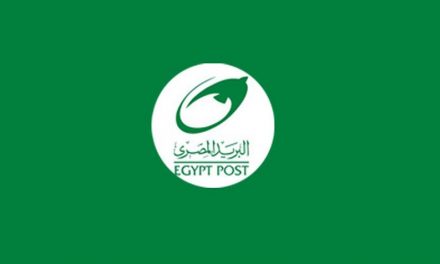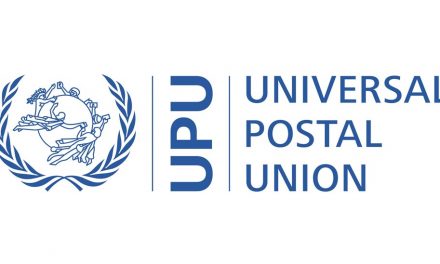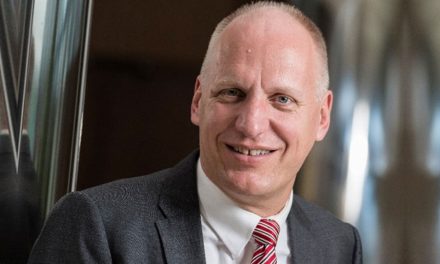
Technology: Ring tones seek to rival Dubai
Older residents of Cairo remember the days of the party or shared line. Ring, ring. Both parties to the line – there were at least two – would race to the phone. If you got there second, the next door flat with whom the telephone was shared would ting the receiver to alert you to the fact that the call was for you.
And then there were international phone lines. Or rather there were not. Waiting lists ran into years, and the lucky recipient would have to leave a large deposit.
This persisted through the 1990s. And then came the GSM revolution.
Ten years on, mobile penetration rates by three mobile operators stand at 28m or about 35 per cent of the population, according to the ministry of communications and information technology. Other estimates put the penetration rate at up to 38 per cent.
The cheapest sim card can be bought for EGBP25 (USD5). ADSL line rental starts at EGBP45 a month. There are 400,000 DSL subscribers and 11.5m fixed-line users – up from 10.7m last year, according to ministry numbers.
Last year Etisalat of the United Arab Emirates paid USD2.9bn for a 15-year GSM and 3G licence. At the time the price was considered to be full.
But Etisalat in Egypt already has around 3m subscribers in nine months of operation. Etisalat owns 66 per cent of the subsidiary.
The remaining shares are held by a consortium including Egypt Post, National Bank of Egypt and Commercial International Bank, a local institution.
Observers are waiting for the granting of a second fixed-line licence next year.
Telecom Egypt, the incumbent, was spun out of the ministry of telecoms in the late 1990s to become Arento. Twenty per cent is floated on the local market and global depository receipts are listed in London.
At June 2007 monthly average revenue per user was EGBP55.3 and half-yearly profits after tax were EGBP998m (USD179m).
After losing out in the bidding for the third GSM licence last year, Telecom Egypt acquired the free float of the local Vodafone operation, around 45 per cent of the company, and the company was de-listed from the local stock exchange.
Akil Beshir, chairman and chief executive, says that the stake in Vodafone generates about a third of profits.
“It [a fixed line operator] will do well if it has a strong and supportive regulator,” says Wael Ziada, telecoms analysts at EFG Hermes, the investment house. “There will always be a great deal of interest in a market of this size.”
Mr Beshir admits the introduction of a second fixed-line operator will have an impact on earnings, but says the licensing of a second international gateway – nearly all international calls are now routed through Egypt Telecom – is likely to be bigger.
The outlook depends on whether the new operator uses the Egypt Telecom network.
“I don’t expect the second operator to duplicate the infrastructure that we have,” says Mr Beshir says.
“By the time the second operator starts, the technology may well have moved on.”
He is, however, concerned that no cross-subsidy occurs, as bidders are likely to include telecoms companies from the Gulf that have deep pockets and near-monopolies at home.
Amr Badawi, executive director of the National Telecommunications Regulatory Authority, which was set up in 2003, says that the tender is likely to be issued in January next year and the licence awarded in the summer.
He says competition has meant the regulator has been able to take a less intrusive line since the arrival of multiple mobile operators.
“The regulatory framework has gone through several phases since we were established in 1998 when Arento was transformed into Egypt Telecom,” Mr Badawi says.
“Definitely when you have one incumbent, the regulation becomes more or less heavy. With the three mobile licences the heavy hand of the regulator has loosened quite a bit.”
Mr Badawi has the power to examine the books of operators if he fears predatory pricing is taking place.
Telecoms and information technology is one of the sectors the government is championing to increase employment and revenues. The government wants to increase employment across the sector from 30,000 now to 60,000.
Outsourcing is the subject of a particular push. The aim is to become an IT hub to rival Dubai.
Egypt has become the 13th largest outsourcing centre in the world, according to AT Kearney, the consultants.
Amin Khaireldin, adviser to the government’s information and technology industry development agency, cites a study that Egyptian employees in a call centre cost USD250 a month in Egypt against USD350 a month in India.
McKinsey, the consultants, found that across the board Egypt is 9 to 13 per cent cheaper than India, according to Mr Khaireldin.
Egypt produces 295,000 graduates a year, of whom 22,000 are suitable to work without further training, he says. Of these 5,000 to 6,000 have “top-notch” English.
Mr Khaireldin says that in the past nine to 10 months his agency has attracted 14 companies. Orange, Vodafone New Zealand and Vodafone Australia, France Telecom and Oracle all have outsourcing operations in Egypt. The latest arrival is Tele-performance, a French specialist in outsourcing, which is due to start operations this month. The aim is to recruit up to 2,250 local Egyptian staff by 2010. The company will open in Shubra, a lower middle class area of central Cairo with good accessibility.
All of which represents a considerable change from – and improvement on – the days of the party line.












